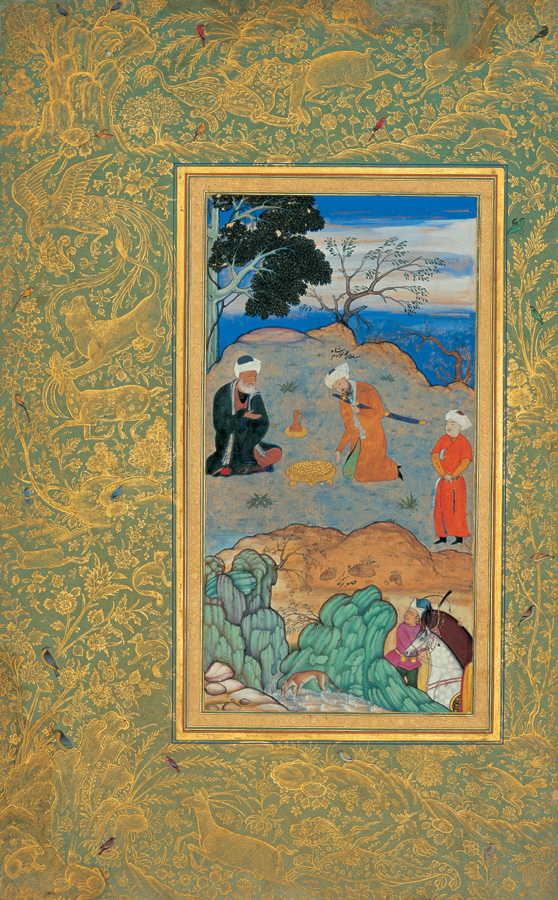hello, recently I've been reading a lot about the Islamic world and one that fascinates me was the golden age period and the vast amount of knowledge made in that period.
Scholars broadly agree that for much of the medieval period Islamic societies led the world in both technology and science. During the Golden Age, many Muslims adhered to an interpretation of Islam based on reason which has been viewed as a precursor to the ‘natural religion’ espoused by some Enlightenment thinkers.
What was it that prevented Islamic nations from continuing to remain scientifically productive?
Some say it was the Mongols, Turkish invasions, the fortification of the Ulma and Sufis together with the destruction of the Falsafa.
Others that a surge in the political power of religious leaders. This increase in political power was accompanied by the spread of institutions such as madrasas (educational centers where Islamic law was taught) that decreased the relative payoff to producing scientific knowledge.
That newly empowered religious leaders worked to limit the study of scientific topics because they believed that the unrestricted study of science led Muslims to both embrace rationalistic interpretations of Islam and to disregard their teachings. Thus, religious leaders altered the institutional framework in order to develop an education system that both discouraged scientific research and rewarded obedience to authority.
These religious leaders discouraged these rationalistic interpretations and worked to define a new ‘orthodoxy’ emphasizing obedience to authority, mysticism and faith. This suggests that religious leaders preferred this new interpretation because it enhanced their societal influence.
Ps: I discovered Muslims who cannot paint living things and create statues, so how do you study medicine and biology? Regarding statues, Andalus had several statues and some paintings of living things, what is the reason for this?
Scholars broadly agree that for much of the medieval period Islamic societies led the world in both technology and science. During the Golden Age, many Muslims adhered to an interpretation of Islam based on reason which has been viewed as a precursor to the ‘natural religion’ espoused by some Enlightenment thinkers.
What was it that prevented Islamic nations from continuing to remain scientifically productive?
Some say it was the Mongols, Turkish invasions, the fortification of the Ulma and Sufis together with the destruction of the Falsafa.
Others that a surge in the political power of religious leaders. This increase in political power was accompanied by the spread of institutions such as madrasas (educational centers where Islamic law was taught) that decreased the relative payoff to producing scientific knowledge.
That newly empowered religious leaders worked to limit the study of scientific topics because they believed that the unrestricted study of science led Muslims to both embrace rationalistic interpretations of Islam and to disregard their teachings. Thus, religious leaders altered the institutional framework in order to develop an education system that both discouraged scientific research and rewarded obedience to authority.
These religious leaders discouraged these rationalistic interpretations and worked to define a new ‘orthodoxy’ emphasizing obedience to authority, mysticism and faith. This suggests that religious leaders preferred this new interpretation because it enhanced their societal influence.
Ps: I discovered Muslims who cannot paint living things and create statues, so how do you study medicine and biology? Regarding statues, Andalus had several statues and some paintings of living things, what is the reason for this?


